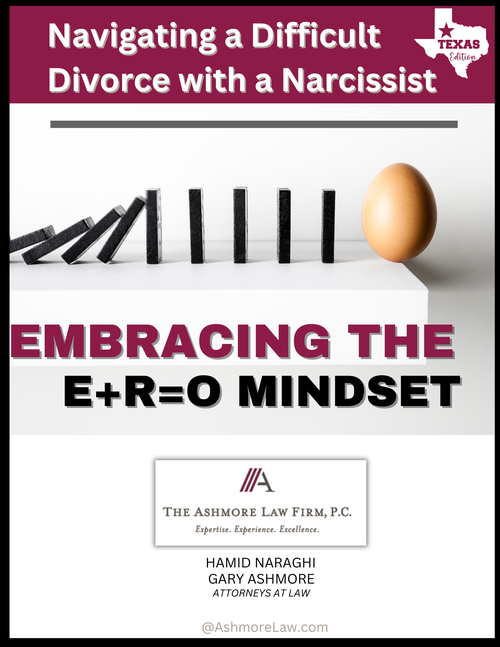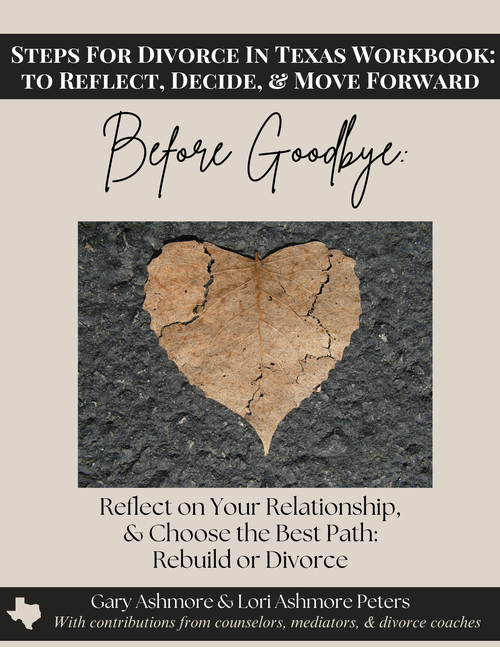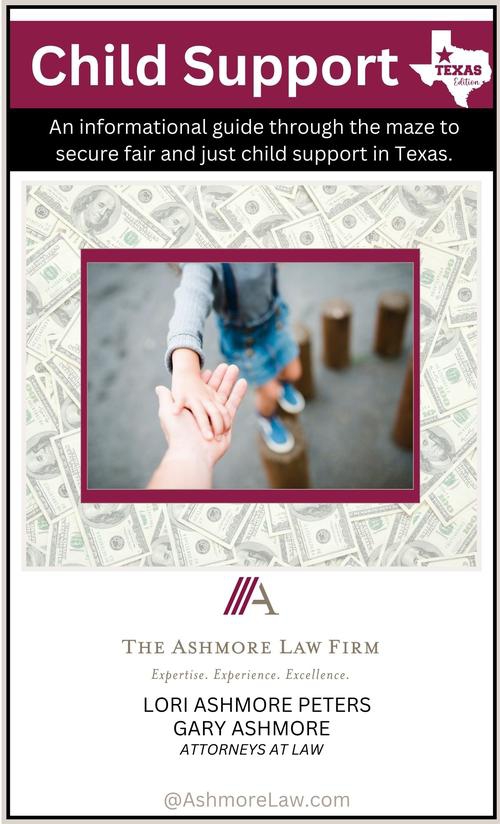What Is Divorce Mediation?
Divorce mediation allows couples to resolve their differences with the help of a neutral mediator, without stepping into a courtroom. The mediator facilitates communication, clarifies misunderstandings, and helps both parties identify fair solutions.
Common issues addressed in mediation include:
-
Division of property, debts, and real estate
-
Parenting plans and child custody
-
Child and spousal support arrangements
-
Division of retirement accounts and business assets
-
College savings or future financial planning
Once a settlement is reached, the mediator drafts a Memorandum of Understanding, and your attorney formalizes the agreement into a binding divorce decree filed with the court.
Collaborative Divorce: A Team-Based Solution
For couples who prefer to have their attorneys actively involved, collaborative divorce offers a structured yet cooperative process.
Each spouse retains a collaboratively trained attorney, and all participants sign an agreement to resolve disputes through negotiation rather than litigation. The process may also include:
-
Financial Experts: Assess and divide assets, retirement accounts, or business interests.
-
Divorce Coaches: Provide emotional support and manage conflict dynamics.
-
Child Specialists: Advocate for children’s needs in parenting arrangements.
If negotiations break down, both attorneys withdraw, encouraging all parties to stay focused on resolution.
“Alternative dispute resolution promotes individualized outcomes and reduces judicial burden without compromising fairness.”
— Texas Bar Journal, Vol. 86 (2023)
Choosing the Right Peaceful Approach
-
Choose Mediation if you and your spouse can communicate calmly and wish to retain maximum control.
-
Choose Collaborative Divorce if you need attorney involvement or professional guidance from a multidisciplinary team.
At The Ashmore Law Firm, Gary Ashmore and his experienced family law team will help you assess your needs and goals to determine which path best serves your family.
What Family Law Code Says about Mediation in Divorce in Texas
Texas law encourages mediation as a preferred way to settle divorce disputes.
“On the written agreement of the parties or on the court’s own motion, the court may refer a suit for dissolution of a marriage to mediation.”
— Texas Family Code § 6.602(a)
A Mediated Settlement Agreement (MSA) becomes binding when:
“... the agreement provides, in a prominently displayed statement... that it is not subject to revocation, and is signed by each party and each party’s attorney, if any.”
— Tex. Fam. Code § 6.602(b)
Peer-reviewed research confirms the benefits:
“Mediation participants report greater satisfaction, lower stress, and improved co-parenting outcomes compared to litigated divorces.”
— Journal of Divorce & Remarriage (2022)









